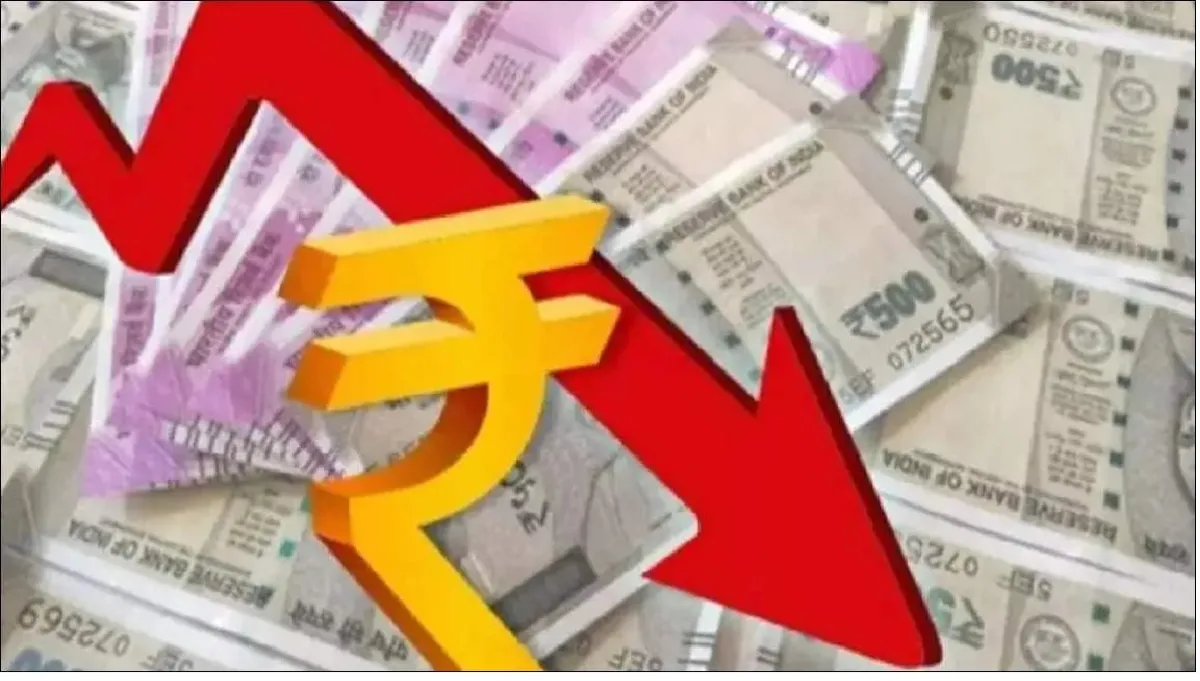
dollar There is a record decline in the value of rupee against Rs. The rupee has fallen to its lowest level of 85.79 per cent. That means the price of 1 US dollar has become 85 rupees 79 paise. Expressing concern over the record fall in the value of rupee, experts say that the fall in the value of the domestic currency will increase the cost of production due to the cost of imported raw materials and overall inflation in the country may increase, which will affect the pockets of common people. Experts say that due to weak rupee the prices of mobile phones, TV, fridge, AC, paint etc. will increase. Apart from this, the burden of studying abroad and traveling abroad will also increase.
Inflation will increase but there will be benefits too
When asked about the impact on the common people due to the depreciation of the rupee against the dollar, renowned economist and director of Madras School of Economics, Professor NR Bhanumurthy, said, the fall in the value of the rupee is due to imported inflation. Raw materials) will make things expensive. However, he said, if it boosts exports, it could have a positive impact on economic growth and employment. If the rupee depreciates due to market forces (demand and supply), both output growth and inflation will increase.
Imports become expensive due to weak rupee
Regarding this, Naveen Mathur, Director (Commodity and Currency), Anand Rathi Shares and Stock Brokers, said, the biggest impact of the fall in the exchange rate of the rupee is in the form of increase in inflation as the cost of imported raw materials and production increases, which leads to The burden ultimately has to be borne by the consumers. Due to this, traveling abroad and studying in another country becomes expensive. Asked about its impact on the economy, Bhanumurthy said, if the exchange rate is changing purely due to market forces, there will be a self-adjustment in exports and imports. However, there are discussions about central bank intervention and the recent increase in current account deficit (CAD) due to gold purchases. Weak exchange rates make imports expensive, which can increase inflation in the country. It has a negative impact on various areas.
Companies’ costs will also increase
Companies taking loans in foreign currency will have to pay higher repayment costs. And units dependent on imported raw materials may see lower profit margins. Also, it may limit foreign investment inflows into India. On the other hand, export-oriented companies may benefit from the decline in the value of the local currency, he said. Due to this they become more competitive compared to China. Software and manufacturing exports may get a boost as they will be more competitive compared to China. When asked about the reasons for the decline in the exchange rate of the rupee against the dollar, Bhanumurthy said, there are two main reasons for this. Firstly, trade deficit increased in the third quarter, the increase in imports was more than the increase in exports.
Latest Business News